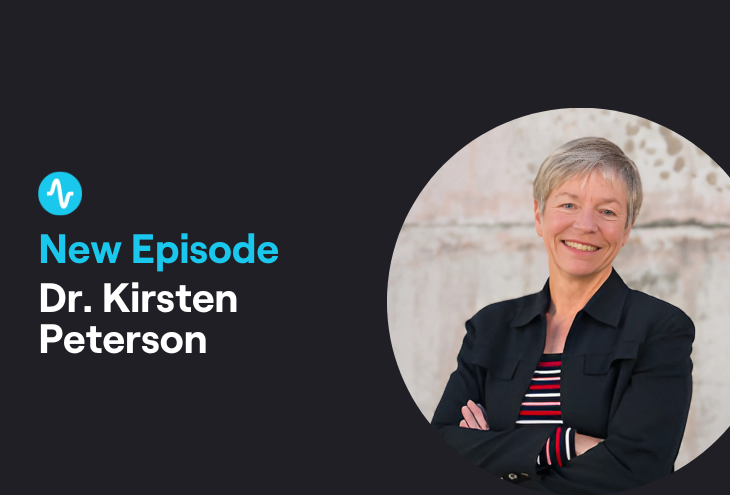When Grit Is Not Enough: Dr. Kirsten Peterson on Mental Health, Burnout, and Resilience in Elite Sport
October 2, 2025 - neurocare group

Elite athletes are often celebrated for their grit, discipline, and relentless pursuit of excellence. But what happens when constant effort leads to burnout, anxiety, or even trauma? In our latest interview, Dr. Trevor Brown sits down with Dr. Kirsten Peterson—performance psychologist, author, and former US Olympic Committee senior psychologist—to explore the realities behind the medals and the importance of mental health in high-performance environments.
Beyond Grit: Rethinking Mental Toughness
Dr. Peterson’s career spans decades of working with Olympic athletes and high-performance teams. Her recent book, When Grit’s Not Enough, challenges the notion that mental toughness alone is the key to success. “We break them, you fix them,” she recalls hearing from coaches—a mindset that pushes athletes to their limits, often at the expense of their wellbeing.
During the COVID-19 pandemic, the postponement of the Tokyo Olympics created unprecedented uncertainty. Athletes faced deselection, disrupted routines, and relentless training schedules. Some coaches doubled down on intensity, while others prioritized mental health, even allowing athletes to transfer for their own wellbeing. “Sometimes, particularly in times of uncertainty and change, maybe grit is not enough,” Peterson reflects. “There’s something else going on here where you really are able to pivot into what is needed in the moment.”
The Power of Self-Awareness
One of the central themes of the conversation is self-awareness. Peterson explains that high achievers often learn to ignore signals from their bodies and minds—fatigue, pain, anxiety—in pursuit of their goals. Yet, true resilience comes from noticing and interpreting these signals wisely, rather than pushing through at all costs.
“Self-awareness can be trained, just like any other skill,” Peterson says. Techniques like meditation and mindfulness help athletes sit with discomfort and develop a more accurate understanding of their internal landscape. This is crucial not only for performance but also for long-term wellbeing.
Trauma, Burnout, and the Need for Support
The interview delves into the prevalence of trauma and burnout in elite sport. Peterson shares her own experience of burnout, describing how a lack of self-awareness led her to “phone it in” at her dream job. For athletes, constant pressure and overtraining can lead to emotional exhaustion, injury, and even long-term health consequences.
Support systems are vital. Peterson highlights three types of social support every athlete needs: unconditional positive support, instrumental support, and honest feedback. “We are social animals,” she says. “Striving for safety over fear is the foundation of optimal performance.”
Balancing Ambition with Wellbeing
Dr. Brown shares his journey as an Olympic athlete, detailing the anxiety, fear of failure, and loneliness that accompanied his pursuit of excellence. Coping strategies like visualization, breathing exercises, and meditation helped, but ultimately, finding balance through academics, relationships, and self-compassion proved essential.
Peterson emphasizes that resilience is not just about grinding harder—it’s about creating systems of safety and compassion. “My mission is bigger now than the individual,” she says. “We need to set the conditions right so that people are living in systems where safety is first and foremost.”
Key Takeaways for Athletes, Coaches, and Organizations
- Mental health is as important as physical training.
- Self-awareness and mindfulness are foundational skills for resilience.
- Support systems—family, friends, mentors—are crucial for recovery and growth.
- Coaches and organizations must foster environments of safety and compassion, not just performance.






